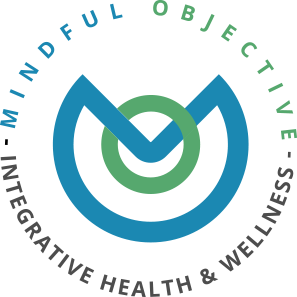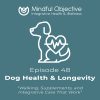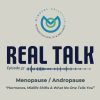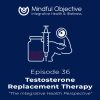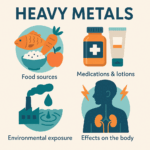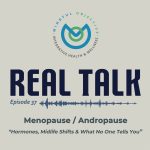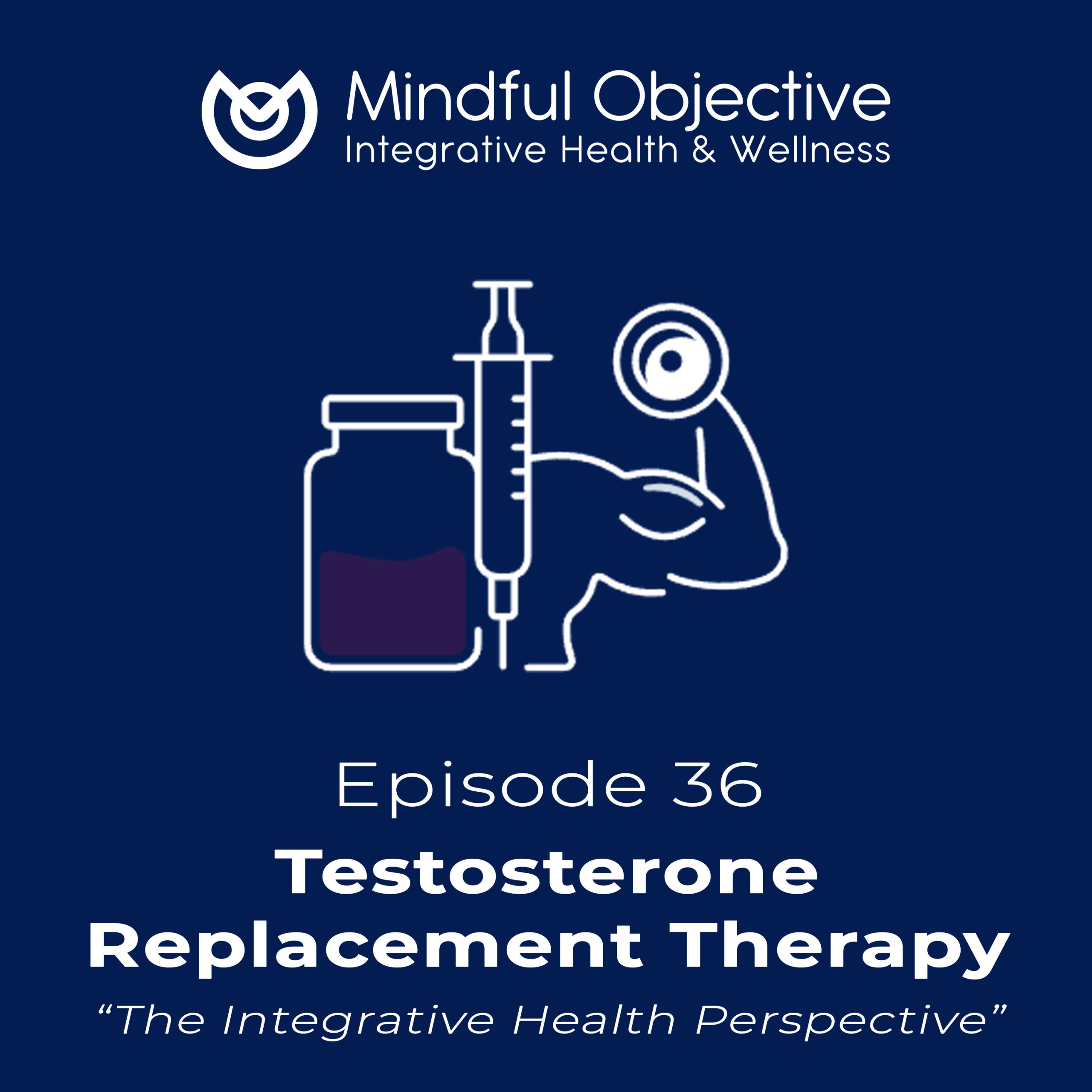
- 0 Comments
- Mindful Objective
Testosterone Replacement Therapy — What You’re Not Being Told
Testosterone Replacement Therapy (TRT) is one of the fastest-growing trends in health today. It’s frequently promoted on social media, discussed in fitness circles, and even showing up in mainstream advertising. But while the idea of “boosting testosterone” sounds simple, the truth is far more nuanced—especially when viewed through an integrative health lens.
This article isn’t about bashing TRT. Quite the opposite—we fully acknowledge that it can be life-changing when used correctly. But that’s the keyword: correctly.
Too many people are jumping into testosterone replacement without ever asking the most important question:
Why is testosterone low in the first place?
Listen to the full episode on your favorite platform
Find links to all podcast platforms at: mindfulobjective.com/podcasts
Or listen directly on:
What’s Driving the Decline?
Low testosterone symptoms—fatigue, brain fog, low libido, muscle loss, and mood issues—are common. But they’re not always due to primary hormone failure.
In fact, we often see testosterone decline as a symptom of something else:
-
Nutritional deficiencies
-
Chronic stress and adrenal exhaustion
-
Poor sleep
-
Insulin resistance
-
Environmental toxin exposure
-
Thyroid dysfunction
Each of these upstream imbalances can block testosterone production or affect how your body uses it. Simply replacing the hormone without addressing these issues is like patching a leaky roof with duct tape—it won’t hold.
TRT Shouldn’t Be Step One
In many clinics, TRT is offered almost immediately after a blood test shows total testosterone below 300 ng/dL. There’s little investigation into why the level dropped or whether the body can recover naturally.
At Mindful Objective, we take a deeper look first. We run comprehensive labs that explore:
-
Free vs. total testosterone
-
Estradiol
-
SHBG (sex hormone-binding globulin)
-
Cortisol patterns
-
Full thyroid panel
-
Inflammatory markers
-
Insulin and glucose control
-
Micronutrient levels
-
Gut and liver function
Sometimes, just by addressing those results with targeted nutrition, supplements, sleep strategies, and stress support, testosterone naturally rebounds—no injections required.
And yes, for those who truly need TRT, we support that too. But the goal is always to work with the body, not around it.
The Pyramid Approach to Hormones
One concept we teach is the Hormone Pyramid, which has five layers:
-
Foundations – Sleep, stress, diet, activity, toxins
-
Micronutrients – Zinc, magnesium, vitamin D, healthy fats, B vitamins
-
Metabolic function – Blood sugar, inflammation, thyroid health
-
Environmental stressors – Plastics, pesticides, heavy metals
-
Hormone replacement – Only when absolutely necessary
TRT belongs at the top of the pyramid—not the base. When the lower levels are ignored, hormone therapy often backfires.
Hematocrit—The Missing Piece
One often-overlooked consequence of TRT is the rise in hematocrit, which is the percentage of red blood cells in your blood. While more red blood cells can improve oxygen delivery, too much can thicken the blood and increase cardiovascular strain.
In Episode 36 of the Mindful Objective podcast, we go into detail on why hematocrit rises, who’s at risk, and how to manage it naturally with hydration, omega-3s, nattokinase, and nitric oxide support—without immediately dropping your testosterone dose.
Why Nutrition Matters More Than You Think
You can’t make testosterone without raw materials. Zinc, magnesium, vitamin D, healthy fats, amino acids—all of these are required for hormone synthesis. Even small deficiencies can stall hormone production.
If you’re tired, inflamed, eating a low-fat diet, or dealing with chronic gut issues, no amount of testosterone injections will fix the root problem.
In our practice, we routinely uncover deficiencies and use functional labs to map out personalized nutrition plans. Many men see improvement in testosterone levels, mood, libido, and strength just from repleting what’s missing.
TRT Support Doesn’t End With Injections
Even for those on TRT, proper support is still necessary. That includes:
-
Liver support for hormone metabolism
-
Nutrients like zinc, omega-3s, CoQ10, and magnesium
-
Cardiovascular monitoring
-
Sleep and stress optimization
-
Natural strategies for estrogen balance
We cover all of these points in Episode 36—including real clinical examples of people who saw major improvements by building a better foundation.
Want to Dive Deeper?
Episode 36 of the Mindful Objective podcast is packed with real-life examples, lab strategies, supplement guidance, and integrative insights that go far beyond what you’ve seen on forums and influencer posts. We also walk through:
-
Natural supplements that may support testosterone production
-
Why sleep and stress are often more powerful than hormone injections
-
How to approach TRT responsibly with long-term health in mind

Useful Links to Get Started
If you’re ready to take control of your hormone health, we’ve got three key resources for you:

Get high-quality, pre-built hormone panels you can order yourself. No doctor visit required.
https://discounttrtlabs.com

Explore our foundational protocols, personalized plans, and root-cause approach to men’s health.
https://mindfulobjective.com

Access practitioner-selected supplements delivered to your door at a discount.
https://us.fullscript.com/welcome/mindfulobjective/store-start
